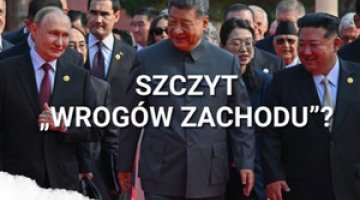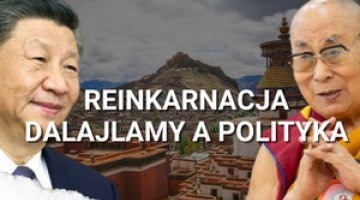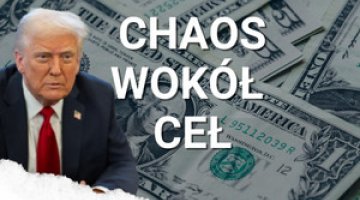Dialogue to maintain dialogue. The US Secretary of Commerce visits China
On 27–30 August, the US Secretary of Commerce Gina Raimondo visited China, where she met Prime Minister Li Qiang and Deputy Prime Minister He Lifeng, whose portfolios include trade relations with the United States. After the official talks, it was announced that a Sino-American Commercial Interests Working Group (CIWG) would be established/set up to replace the Joint Commission on Commerce and Trade (JCCT), which had been operating since 1983. Export control will be one of the CIWG’s remits.
Raimondo met representatives of American business during her stay in Beijing. After the meetings, she stated during a press briefing that US companies were beginning to perceive China as an “uninvestable” place.
Commentary
- The establishment of the CIWG is the only measurable effect of the visit. The CIWG will replace the JCCT, which has not met since December 2016. However, there is no guarantee that the new group will meet more often or be more effective in easing trade tensions. It was not even announced whether representatives of business and the United States High Representative for Trade would attend it, as was the case with the JCCT. If they did, that would also allow the Committee to address practical issues in trade between the parties. It seems that the CIWG was primarily set up to create the appearance of progress and to justify the fourth visit of a US administration member to Beijing. Raimondo’s comments to the press also suggest that not even a partial compromise has been achieved.
- The Joe Biden administration is striving for compartmentalisation, that is, isolating individual issues in US relations with China, in a situation where the Sino-American rivalry is structural in nature and no comprehensive agreement is presently possible. According to Washington, solving problems in such areas as security, the stabilisation of the global economy, international trade, financial policy coordination and climate change is in the interest of both parties and requires their cooperation. That is why Secretary of State Antony Blinken, Secretary of the Treasury Janet Yellen and the US President’s special envoy for climate John Kerry visited Beijing earlier. However, no Chinese representatives of equal rank have paid return visits to Washington.
- Beijing has agreed to further visits by representatives of the US administration because it hopes that Washington will make specific concessions in exchange, such as removing 27 Chinese entities from the so-called Unverified List before Raimondo’s visit. As a result, they regained the ability to apply for an export license for products and technologies subject to federal government restrictions. The Chinese side, however, has no intention of ceasing to put pressure on the Americans on issues of key importance to them, as was made clear during previous visits by representatives of the US administration. Chinese foreign minister Wang Yi told Kerry that climate cooperation with the United States “cannot be separated from the overall environment of China-US relations”. He added that the US should adopt a “reasonable, pragmatic and positive” policy towards China, and stressed Beijing’s demands that Washington “properly address” the Taiwan issue – that is, it should withdraw its political and military support for the island.





